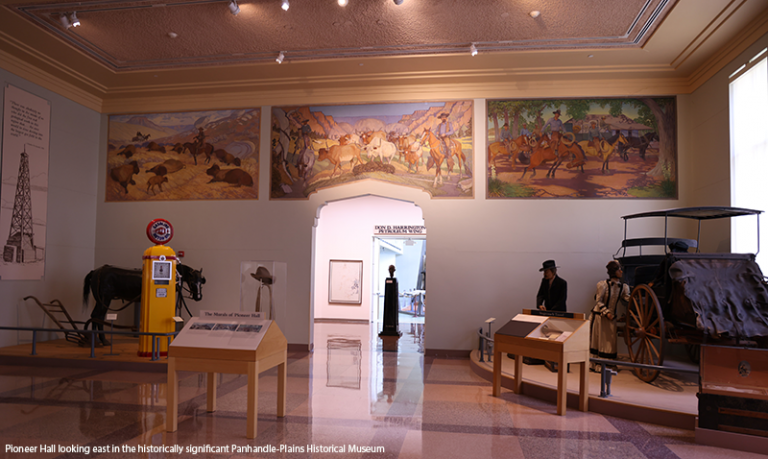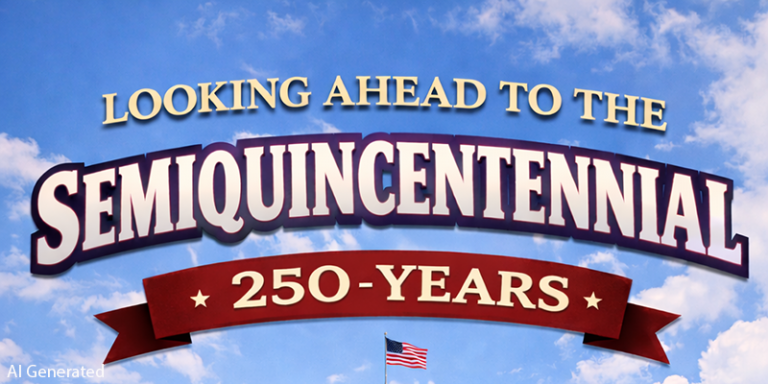The quality of the educational experience and the earning power of degrees attained are the purview and responsibility of each student and family who enter the educational marketplace. It is a marketplace where ideas of value (hopefully) are exchanged for currency.
Moreover, too few Americans who attend college and vocational schools choose fields of study that will give them specific skills that employers are seeking. Our interviews point to potential shortages in many occupations, such as nutritionists, welders, and nurse’s aides — in addition to the often-predicted shortfall in computer specialists and engineers.
An Economy that Works: Job Creation and America’s Future, McKinsey Global Institute June 2011
____________________________________________________________________________________
Costs of higher education are spiraling up, and people are running scared – Universities for fear of being “found out”. Students for fear of being “left out”. Families for being “sold out”. And state houses for being “tapped out”. At the heart of the matter is simply this question, are people putting in more than they are getting out?
The answer is not as straightforward as it may seem. The Chivas Regal effect suggests that when people pay more, they perceive that they have gotten more, even if evidence does not support that contention. Eric Larson in Time on June 24, 2001, lamented the rapidly increasing costs of university attendance. To make the point he said, “To help make ends meet, Penn threw open its doors to vermin like me, admitting 4,491 students, a thousand more than in 1970.” The implication, possibly an over-simplification, was that, in order to boost revenue, standards were lowered and prices were increased, while quality and value remained stagnant.
We don’t like talking about universities that way. The idea that Ben Franklin’s Publick Academy of Philadelphia, now the University of Pennsylvania, would stoop to such levels is unthinkable in polite society.
But they did, and they’ve had a lot of company.
The issues of the making-ends-meet-challenges of the mid-seventies, pale by comparison to the making-ends-meet debacle of the early 21st century, when the Chivas Regal effect gained steam with a vengeance. College officials nationwide equated high cost with high quality, and sold that idea hard. It was wise to buy the best degree possible. If you couldn’t afford the price, you were encouraged to mortgage your future based on a reputation that, it later turned out, was no longer deserved. But “THE BEST” was always easy to spot: It had the highest price tag.
Maybe, maybe not.
A careful analysis of the correlation of college quality and alumni earning potential a reasonable concern as costs increase would test the value proposition of colleges. The hypothesis that higher costs equate to greater earnings might be justified. A study by Liang Zhang, Do measures of College Quality Matter? The effect of College Quality on Graduate’ Earnings, sheds some light on the question.
The findings are interesting. For what it’s worth, I believe this to be careful social science research. No matter what measures for quality are used, the effect of quality on earnings is generally positive and significant.
The study finds that, while good colleges tend to produce graduates who earn more, more telling is the ACT scores of entering students. Those who demonstrate high capability through standardized tests tend to out-perform students in earning power when they graduate from the same colleges, or even from college of greater perceived quality. Not always a comfortable finding, and, to twist a line from Forrest Gump, smart is as smart does, no matter the credential held.
And lastly, like it or not, evidence suggests that the relative cost of attending a particular college is closely related to the relative benefit received in terms of future earnings from having a prestigious name on a diploma. Not much news but this is certain: Students and parents should make careful choices about what colleges to attend and how much to spend on that attendance. In some fields the bell ringing power of a brand name institution may be an excellent investment. In others, an individual’s innate talents and skills may be of higher importance, regardless of pedigree.
Next time you step off a commercial airliner, ask the pilot where he graduated from if you think it’s important. Remember, you are stepping off.
The danger in all of this is that our universities may obfuscate rather than elucidate answers to complex questions. An excellent liberal arts or basic science education at any institution may better prepare a student for long-term career success even though short-term job prospects may not be as lucrative as those for graduates armed with technical degrees in fields in high current demand.
McKinsey is on target for jobs and training, but careers and learning are the bull’s eye for our universities.




